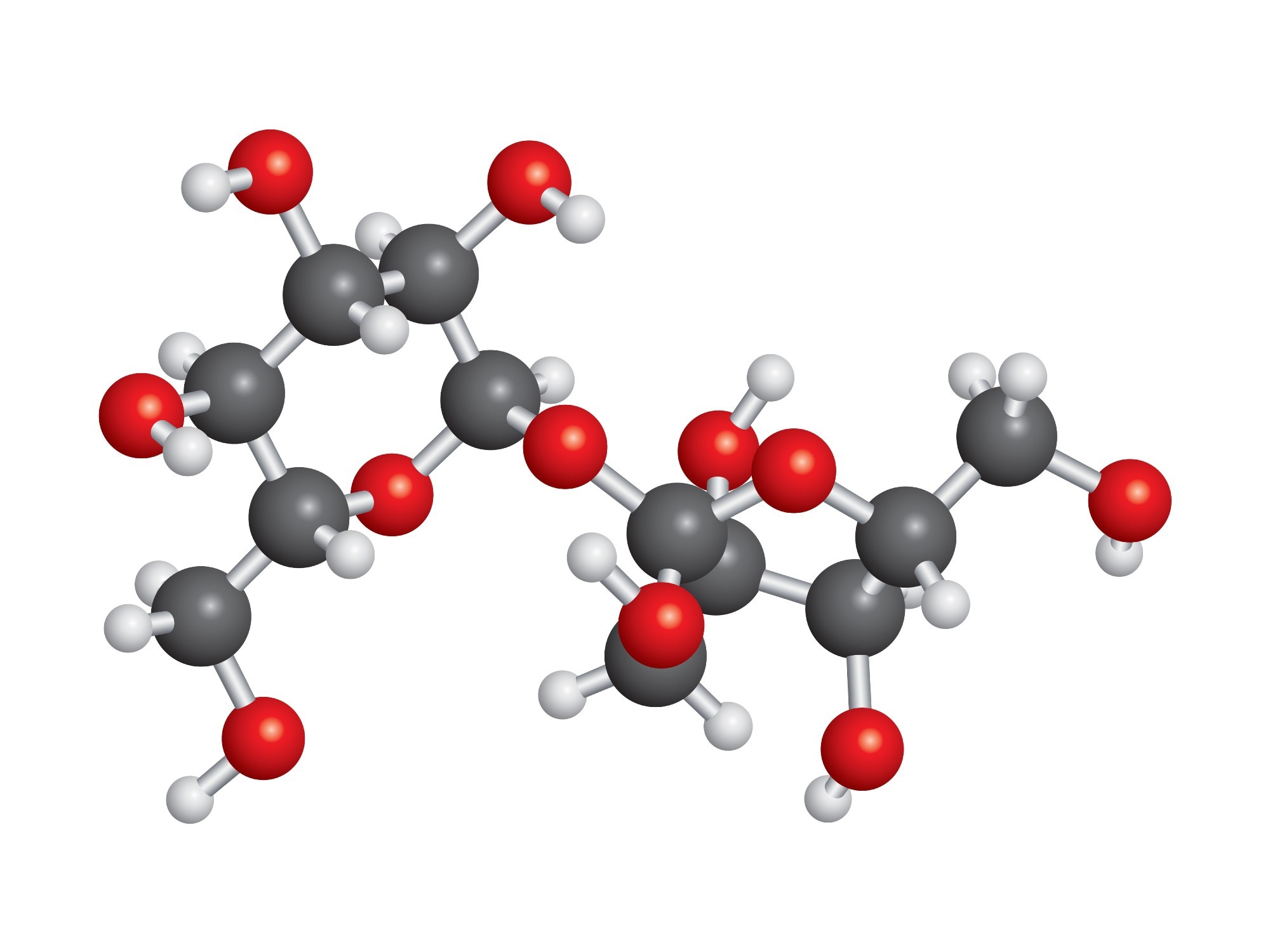Discovering the Varied Applications and Benefits of Polymers in Different Industries
Polymers, with their varied series of residential or commercial properties and functionalities, have become indispensable in numerous sectors, each reaping one-of-a-kind advantages from their application. Polymers. From enhancing security and efficiency in the auto sector to reinventing clinical tools in the medical care market, polymers play a crucial duty. Furthermore, their eco-friendly nature is changing the landscape of sustainability methods. As we look into the depths of polymers in electronics, we reveal cutting-edge innovations, while their structural integrity transforms the world of construction and facilities. The pervasive impact of polymers across industries is a testimony to their flexibility and adaptability, forming the future of many sectors.
Automotive Field Applications
Polymers play a pivotal role in enhancing the efficiency and longevity of various elements within the automotive market. One noticeable usage of polymers in the automotive industry is in the manufacturing of lightweight parts.

Healthcare Sector Advantages
In various healthcare applications, the advantages of using polymers are widely identified for their varied variety of useful homes. Polymers play a vital duty in the healthcare sector because of their adaptability, biocompatibility, and cost-effectiveness. Among the key benefits of polymers in healthcare is their capability to be customized to particular demands, such as versatility, resilience, and biodegradability, making them perfect for a large range of clinical applications.
Polymer-based products are thoroughly used in clinical tools, such as catheters, implants, prosthetics, and medicine delivery systems, due to their biocompatibility and capability to resemble natural cells. These materials can minimize the risk of sensitive reactions or rejections, improving individual security and outcomes. In addition, polymers are light-weight, making them suitable for wearable medical devices and guaranteeing individual convenience.
Furthermore, polymers make it possible for the growth of ingenious treatment approaches, such as hydrogels for tissue engineering and nanocomposites for targeted medicine delivery. Their simplicity of handling and sanitation makes them important for keeping high standards of health in health care setups. Overall, the diverse benefits of polymers contribute substantially to improvements in medical technology and person care.
Ecological Benefits of Polymers

In addition, polymers can add to power savings as a result of their light-weight nature. In markets such as transportation, lightweight polymer products can help in reducing fuel usage and greenhouse gas discharges. Furthermore, polymers can allow the advancement of energy-efficient products such imp source as insulation products that improve power preservation in structures.
Additionally, polymers play an essential function in lowering water pollution. The usage of polymer-based filtering systems can effectively eliminate toxins and pollutants from wastewater, securing water sources and environments. In general, the environmental benefits of polymers make them useful properties in promoting sustainability and green practices throughout different industries.
Polymers in Electronics and Modern Technology
Thinking about the boosting demand for cutting-edge and lasting options in modern-day industries, the combination of sophisticated polymer technologies in the realm of electronic devices and modern technology has arised as an essential strategy for driving performance and efficiency. Polymers have actually reinvented the electronic devices market by making it possible for the manufacturing of lighter, extra adaptable, and resilient digital gadgets. From mobile original site phones to clinical gadgets, polymers play an essential function in enhancing product design and capability.
One considerable advantage of polymers in electronic devices is their shielding homes, which aid secure fragile electronic elements from environmental factors and electrical interference. In addition, polymers are crucial in the advancement of versatile display screens, wearable innovation, and published electronics, using endless opportunities for producing smart and interconnected tools.
In addition, the usage of polymers in electronic product packaging has led to developments in miniaturization and thermal monitoring, improving the overall performance and reliability of digital systems. As innovation remains to develop, the adaptability and flexibility of polymers will definitely drive additionally technology in the electronics market, shaping the future of technology.
Duty of Polymers in Construction and Infrastructure
Polymers offer countless advantages in the building and construction industry due to their flexibility, toughness, and cost-effectiveness. One essential role of polymers in construction is their use in coverings and sealants, providing protection versus environmental elements such as wetness, UV radiation, and corrosion.
In addition, polymers play a crucial function in sustainable construction practices by allowing the advancement of energy-efficient frameworks. Insulating products made from polymers help regulate indoor temperatures, decreasing the need for home heating and cooling down systems and inevitably reducing energy intake. The usage of polymer-based composites in framework projects such as bridges and roadways enhances their durability and decreases maintenance prices. Overall, the consolidation of polymers in construction and framework showcases their considerable effect on modern engineering techniques.
Verdict
Finally, check here polymers play an essential role in various sectors such as auto, health care, environmental, electronics, and construction. Their versatile properties make them beneficial in producing innovative solutions and items. From boosting fuel performance in automobiles to boosting clinical devices, polymers provide countless benefits. Additionally, their impact on decreasing waste and promoting sustainability highlights their importance in modern-day applications. The prevalent usage of polymers demonstrates their substantial contribution to progressing modern technology and improving high quality of life.